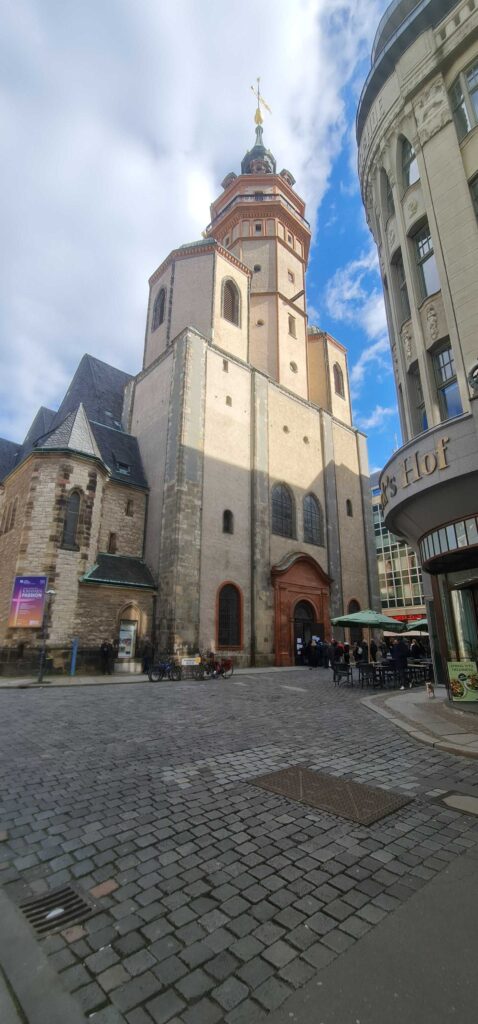What can we put in a Local Democracy Shield?
I was recently invited to attend and speak at the Eurocities Upgrading Local Democracy conference in Leipzig. Mayors and deputy Mayors from across Europe gathered to explore how cities can strengthen democracy in the face of challenges like disinformation, political polarisation and declining civic trust.
It was fitting that that this took place in Leipzig, as the city’s story reminds us that local communities have the power to change the course of history. On 9 October 1989, over 70,000 people took to the streets in a peaceful demonstration against the oppressive regime of the German Democratic Republic. Just a month later, the Berlin Wall fell, catalysing a peaceful revolution and Leipzig became a symbol of democracy born in the streets.
It was certainly an evocative backdrop for discussions, aided by some powerful scene setting by Dr Kevin Casas-Zamora, Secretary-General of International IDEA. According to the Global State of Democracy report 2024, we are in the eighth year of overall democratic decline. In a nutshell, political landscapes are changing rapidly. While people are demanding change, inclusivity and co-operation are being undermined. The economy makes it difficult for everyone to participate and young people around the world now hold the least faith in democracy of any age group.

The church where people gathered for peaceful protest in Leipzig in 1989
A vital time for local democracy
Europe is thinking and talking deeply about democracy, with the European parliament setting up a special committee called the Democracy Shield. Stating Democracy should not be taken for granted; it requires constant work.
It was interesting to be in a place where democracy itself is central to the debate – it was only by hearing it, that made me wonder at the limited discussions and actions about this in the UK mainstream democratic sector at the moment.
For those of us who work in the field of local democracy, we know that democracy itself is lived at the local level. It is the place where democracy is most keenly felt, hence my session, entitled Empowering Democracies – Innovative Measures by Cities. My brief was to explore and discuss with others in the room examples of democratic innovation from across Europe that are transforming how democracy functions at a local level.
But what I said was that while innovation in democracy remains vital, it is not the answer to the democratic malaise we are witnessing.
At its core, democracy is simple. It is people coming together to change things. When we lose sight of this, we soon lose the ability to make a difference. But to work together, inevitably, people must be prepared to engage, to listen and work things through.
At one point, I was asked what I would put into the ‘Democracy Shield’. This notion – a way to preserve what we want to keep of our democracies as they are faced with increasing challenges – is a useful one because it makes us think: what do we want to keep? What are the really valuable elements of what we have now?
And, now, as many councils are about to hold elections across England, is a really good time to think about what we would want to put in our own local democracy shield.
My immediate response, when I was asked, was ‘inclusion’ – with values and action for tackling polarisation, including meaningfully engaging and listening to people who think differently and/or have very different life experiences to ourselves.
As elections will inevitably bring new views and different perspectives to many councils, we should remember that it’s the working together that makes our local democracies work.
But perhaps we should also ask: what are the other essentials we need to hold dear, and to protect, as our democracies change? If we’re to preserve democracy, we should prioritise the essentials, above all.
We’d love to hear what you’d like your local democracy shield to look like and what you would put in it?

 All news
All news